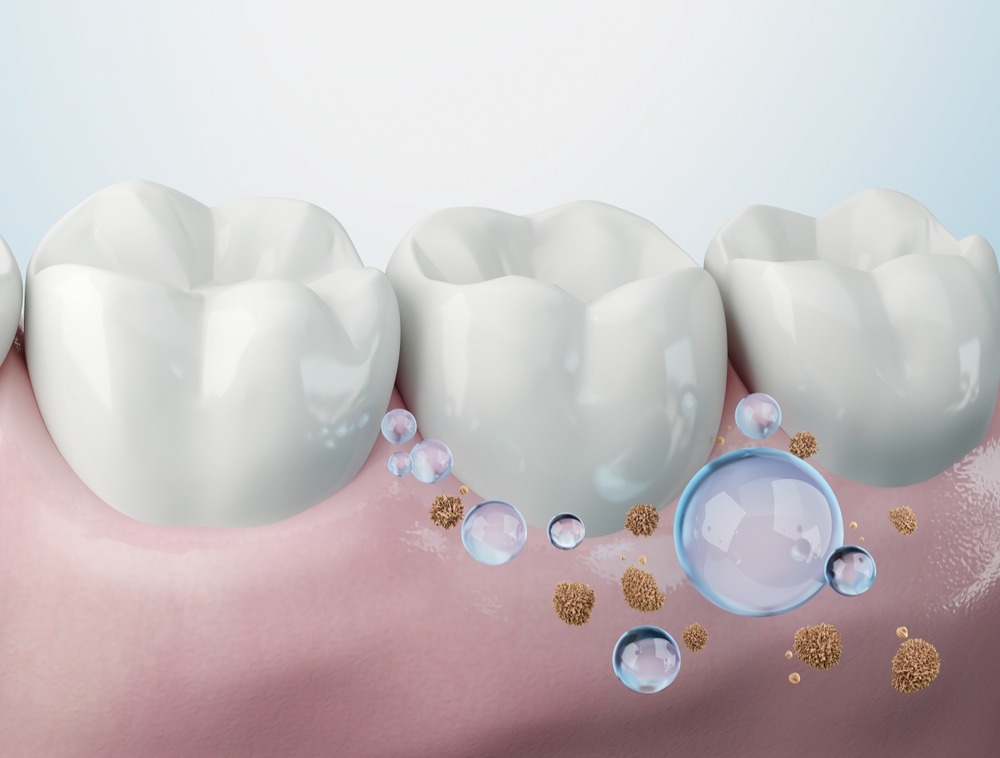

Adopting heart-healthy habits can significantly reduce your risk of heart disease and other chronic conditions like type 2 diabetes and certain cancers. These strategies will help you make positive changes to enhance your overall health and well-being.
Start by understanding your risk factors. Discuss your family and personal health history with your doctor. Awareness of genetic predispositions or lifestyle risks is a crucial first step toward prevention.
Choose foods that support heart health, such as fruits, vegetables, whole grains, lean proteins, and low-fat dairy. Minimize your intake of salt, saturated fats, and added sugars. A heart-healthy diet provides essential nutrients while keeping harmful factors in check.
Aim for at least 150 minutes of moderate aerobic activity per week, complemented by strength training on two or more days. Reducing sedentary time by moving more and sitting less improves cardiovascular health and boosts energy levels.
If you smoke, quitting is one of the most impactful steps for your heart health. Seek resources and support systems to help you overcome nicotine dependence.
For conditions like high cholesterol, high blood pressure, or diabetes, follow your doctor's instructions carefully when taking prescribed medications. Never stop or adjust your dosage without consulting your healthcare provider.
Drink water instead of sugary beverages to reduce calorie intake. Limit alcohol consumption—no more than one drink per day for women and two for men. For better results, avoid alcohol entirely. Moderate coffee intake (1–2 cups daily) is fine, but avoid drinking it late in the day to promote better sleep.
Home blood pressure monitoring can help you stay informed about your heart health. Use a self-measured blood pressure device, and ask your doctor to guide you on its proper use.
Good sleep is essential for heart health. Lack of sleep can increase the risk of conditions like obesity, hypertension, and depression. Create a consistent sleep schedule and optimize your sleep environment with dim lighting and minimal distractions. If you experience symptoms of sleep apnea, such as loud snoring or interrupted breathing, consult a healthcare provider for evaluation.
 Complete Blood Count (CBC) Test - What You Need to Know
Complete Blood Count (CBC) Test - What You Need to Know
 Daily Dental Care: Your Complete Guide to Perfect Oral Health
Daily Dental Care: Your Complete Guide to Perfect Oral Health
 Therapeutic & Preventive Nutrition: Better Health Guide
Therapeutic & Preventive Nutrition: Better Health Guide

© 2026 Techno Clinics is Proudly Owned by Techno Clinics